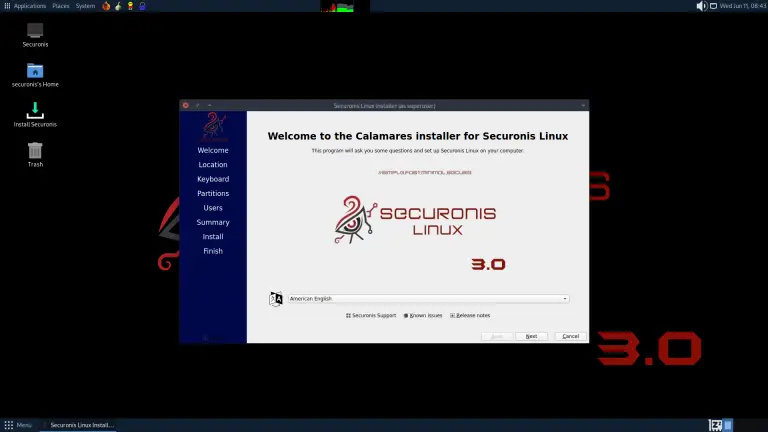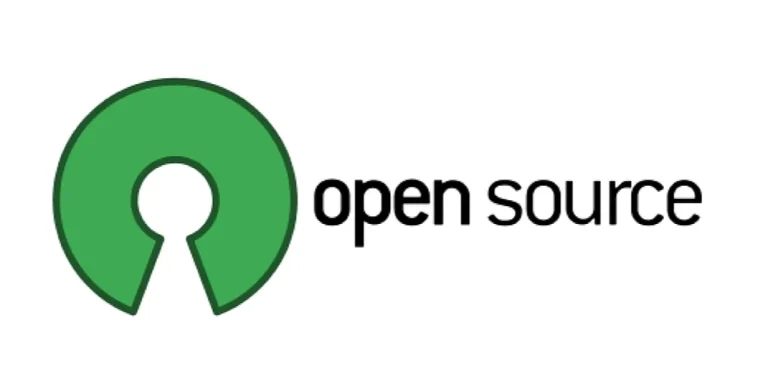
The X.Org Server project found itself in the spotlight this week — not for unveiling new features, but due to a flurry of code rollbacks. Developers are hastily reversing recent changes that have proven more detrimental than beneficial.
Many had previously questioned why the fork known as X11Libre — an alternative version of the X.Org Server — failed to garner widespread attention. The answer is rather straightforward: few had faith in its success. The project lacks substantial backing, is maintained by a sparse team of seasoned developers, and has attracted little to no interest from major players in the Linux ecosystem.
The current situation seems to vindicate such skepticism. The X.Org Server repository is now seeing a steady stream of commits undoing the work contributed by the X11Libre developer. That individual has already been removed from the FreeDesktop.org community, and others involved in the project are now methodically cleansing the codebase of the remnants of his changes.
One such rollback addressed violations related to copyright and licensing. Several macros had been relocated to a new file, but references to the original authors had been omitted, with only the surname of the new contributor appearing in the header. Moreover, the license language was subtly altered — replacing “MIT and X11” with “MIT or X11” — a seemingly minor modification with significant legal implications.
Another reversal targeted the so-called “cleanup” of the RandR subsystem, which governs screen resolution and display management. These edits had disrupted key functionality. Also among the retracted changes was a modification that interfered with the operation of the NVIDIA driver. The company has already stated its intent to push for the reversal of additional changes that compromised compatibility.
Some portions of the code were deemed outright superfluous. Others had been modified without contextual understanding, disregarding the original purpose of specific macros.
This unwinding process appears far from over. The number of rollbacks continues to grow, and developers anticipate many more in the days ahead.


